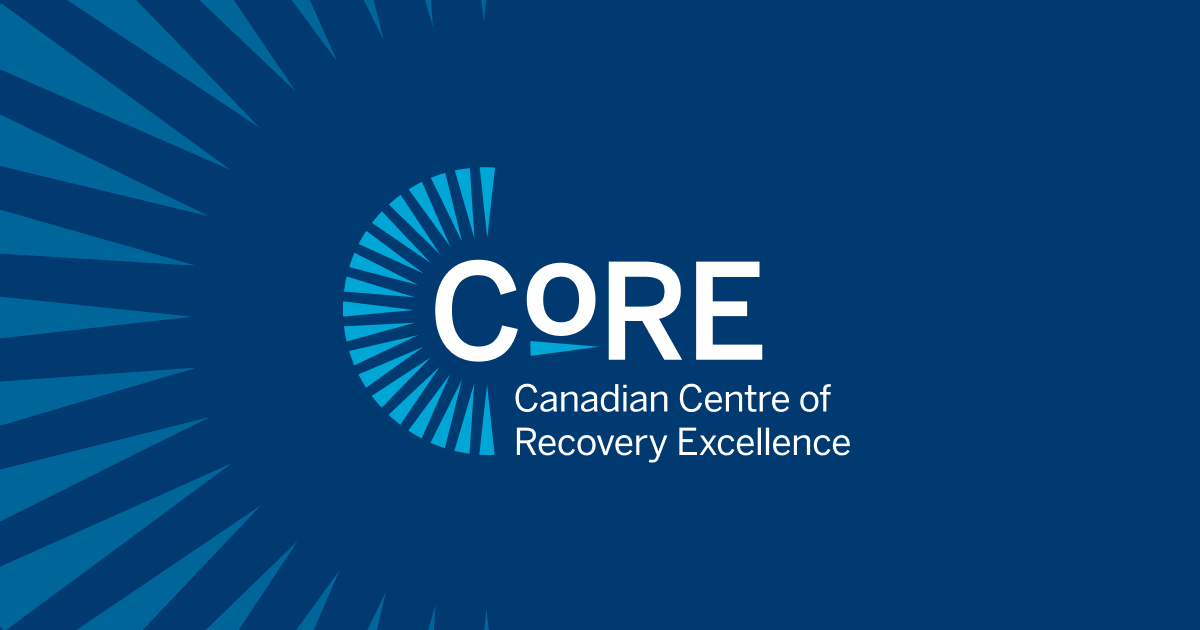
Managing Your Mental Health During the Holiday Season
The holiday season can be a joyful time filled with celebrations, family gatherings, and traditions. But for many, it can also be a source of stress, loneliness, and emotional overwhelm. Whether you’re facing financial strain, grieving a loss, or navigating challenging family dynamics, it’s important to prioritize your mental health during this busy time. Here are some practical ways to care for yourself and find balance during the holidays.
1. Set Realistic Expectations
It’s easy to feel pressure to create the “perfect” holiday experience. Instead of striving for perfection, focus on what’s most meaningful to you. Set realistic goals for what you can handle emotionally, financially, and physically. Remember, it’s okay to say no to commitments that feel overwhelming.
2. Stick to Healthy Routines
The holidays often disrupt our daily routines, which can impact our mental health. Try to maintain regular sleep, exercise, and eating patterns as much as possible. Even small adjustments, like taking a 10-minute walk or doing a short meditation, can make a big difference in how you feel.
3. Practice Gratitude
Focusing on gratitude can help shift your mindset and reduce stress. Take a few moments each day to reflect on what you’re thankful for, whether it’s a supportive friend, a warm meal, or a beautiful winter day. You might also consider starting a gratitude journal to keep your focus on the positives.
4. Acknowledge Your Feelings
If you’re feeling sad, lonely, or anxious, remind yourself that it’s okay to feel this way. Holidays can be particularly difficult for those grieving a loss or dealing with mental health challenges. Give yourself permission to express your emotions, whether by talking to someone you trust, journaling, or seeking professional help.
5. Stay Connected
Social connections play a crucial role in mental health. If you’re feeling isolated, reach out to friends, family, or community groups. Volunteering is another great way to feel connected and give back during the holidays.
6. Limit Alcohol and Substance Use
The holidays are often accompanied by increased alcohol consumption, which can exacerbate feelings of depression and anxiety. Set limits for yourself and consider alternative ways to celebrate, such as enjoying non-alcoholic beverages (hot chocolate is a favourite) or participating in activities that don’t involve substances.
7. Reach Out for Support
If the holiday season feels overwhelming, don’t hesitate to seek help. Many resources are available in Alberta to provide support:
- 211 Alberta: Call or visit 211 Alberta for free, confidential information about community and social services.
- Mental Health Helpline: Call 1-877-303-2642 for 24/7 support and referrals.
- Alberta Health Services Addiction and Mental Health: Visit AHS Mental Health for services and resources across the province.
8. Practice Mindfulness and Relaxation
Incorporate mindfulness techniques, such as deep breathing, meditation, or yoga, into your daily routine. These practices can help reduce stress and increase your sense of calm and well-being. Apps like Calm or Headspace can provide guided meditations to help you get started.
9. Give Yourself Grace
Lastly, be kind to yourself. The holiday season can bring up complicated emotions, and it’s okay to take things one day at a time. Celebrate your small wins and remind yourself that prioritizing your mental health is an essential part of self-care.
By taking proactive steps to manage stress and seek support, you can navigate the holiday season with greater ease and resilience. On behalf of the Canadian Centre of Recovery Excellence, we wish you a safe and happy Christmas season!


Share this Post